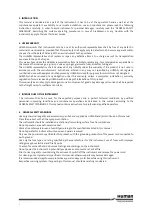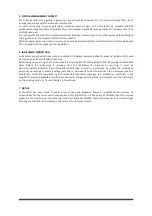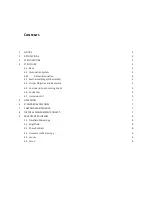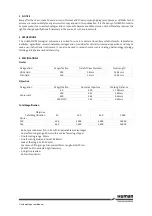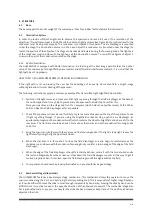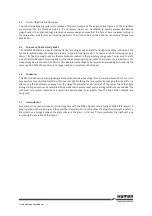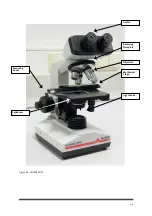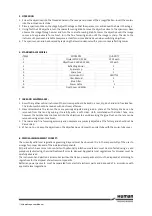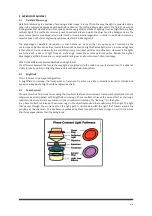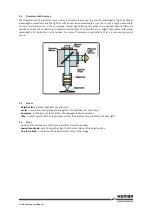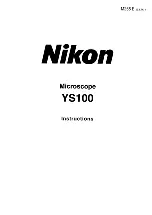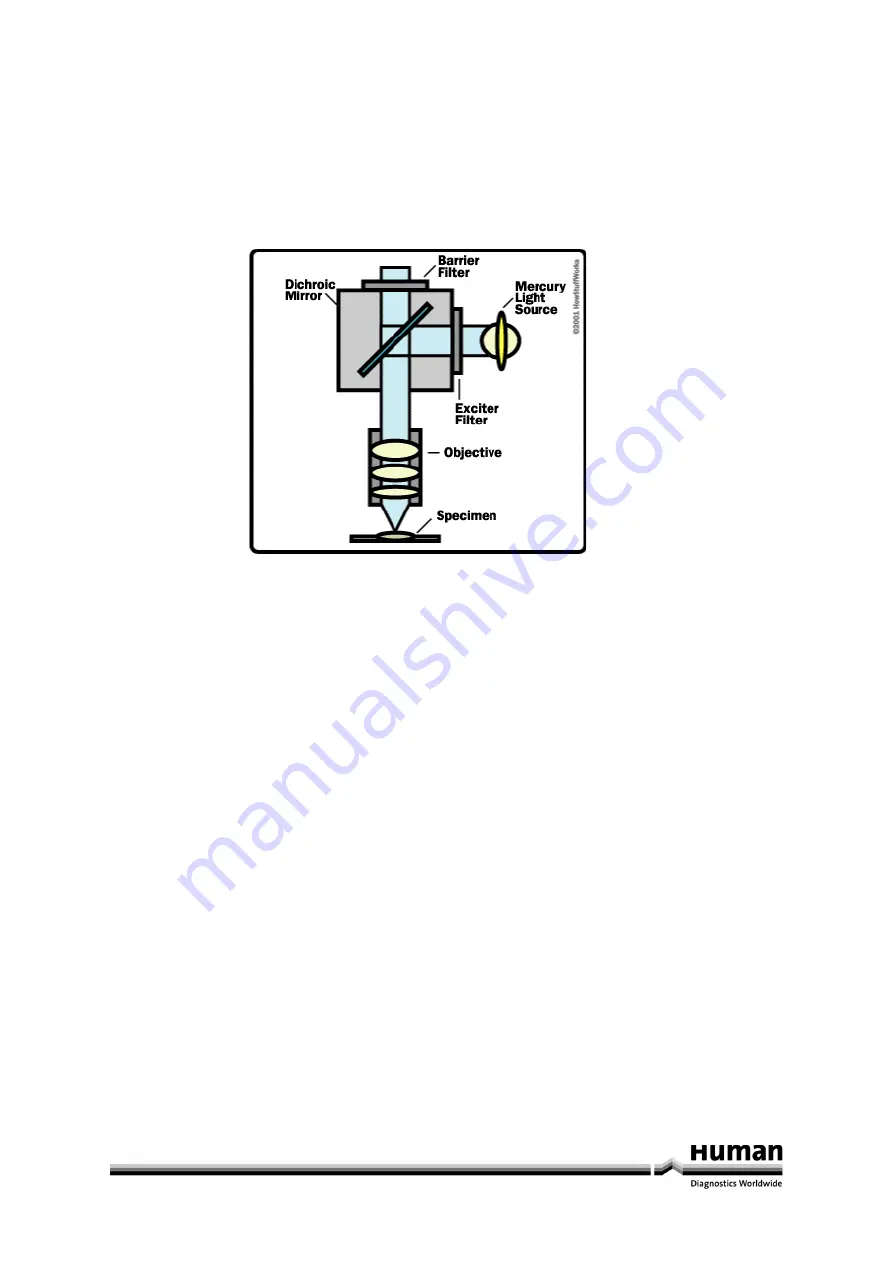
9/9
+XPD6FRSH
8VHU0DQXDO
)OXRUHVFHQFH0LFURVFRS\
The fluorescence of a substance is seen when a molecule is exposed to a specific wavelength of light (excitation
wavelength or spectrum) and the light it emits (the emission wavelength or spectrum) is of a higher wavelength.
To view this fluorescence in the microscope, several light-filtering components are needed. Specific filters are
needed to isolate the excitation and emission wavelengths of a fluorochrome. A bright light source with proper
wavelengths for excitation is also needed. For normal fluorescence applications, this is a mercury vapour arc
burner.
/HQVHV
objective lens
- gathers light from the specimen
ocular
- transmits and magnifies the image from the objective lens to your eye
nosepiece
- rotating mount that holds 4 interchangeable objective lenses
tube
- holds the ocular at the proper distance from the objective lens and blocks out stray light
)RFXV
position the objective lens at the proper distance from the specimen
coarse-focus knob
- used to bring the object into the focal plane of the objective lens
fine-focus knob
- used to make fine adjustments to focus the image




